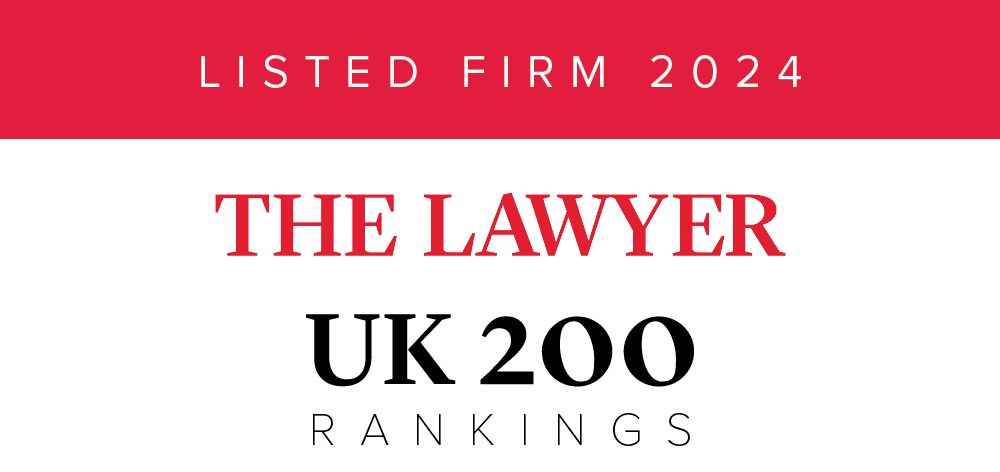A grievance procedure provides employees with an internal process if they have a complaint in relation to their employment. Failure by an employer to follow a fair and reasonable grievance process could amount to discrimination, victimisation, or a breach of contract warranting an employee’s resignation (constructive dismissal).
Grievance procedures are normally contained in an employee’s contract of employment or as a policy within a staff handbook. As a minimum, the policy should comply with the ACAS Code of Practice on Disciplinary and Grievance Procedures (which can be found at: https://www.acas.org.uk/acas-code-of-practice-on-disciplinary-and-grievance-procedures). If an employer does not have a grievance policy, the approach should be based on the ACAS Code:
The following steps apply to grievances:
- The employee should first try to resolve the dispute informally with their line manager.
- If informal discussions are unsuccessful, the employee should raise the matter formally and without delay to a manager who is not the subject of the grievance. The grievance should be in writing and provide as much relevant information as possible, including potential witnesses.
- If an investigation is required, the employer should arrange for this to be held without unreasonable delay. Employees do not have the right to have a companion at investigation meetings.
- The employer should arrange for a formal grievance hearing to be held without unreasonable delay. Employees should be informed of their right to a companion at the hearing (trade union representative or colleague).
- During the hearing the employee should be allowed to explain their grievance and how they believe it should be resolved. If an investigation is required at this point, the employer should adjourn the meeting to carry this out.
- Following the hearing, the employer should decide what action to take, if any. A decision should be communicated to the employee in writing without unreasonable delay and where relevant, set out how the employer intends to resolve the grievance. The employee should be informed of their right to appeal the decision if they feel it has not been resolved satisfactorily.
- Employers should hear appeals without unreasonable delay. The time and place of the appeal hearing should be communicated to the employee in advance. Employees should be informed of their right to be accompanied (trade union representative or colleague).
- Appeals should be impartial and heard by a manager not previously involved in the grievance.
- The outcome of the appeal should be communicated to the employee without unreasonable delay.
If you are unhappy with the results of an employee grievance procedure, you should seek legal advice as to your employment rights as soon as possible.
If you would like more information on employee grievance procedures, contact us and one of our experienced employment solicitors can advise you on your rights.




















